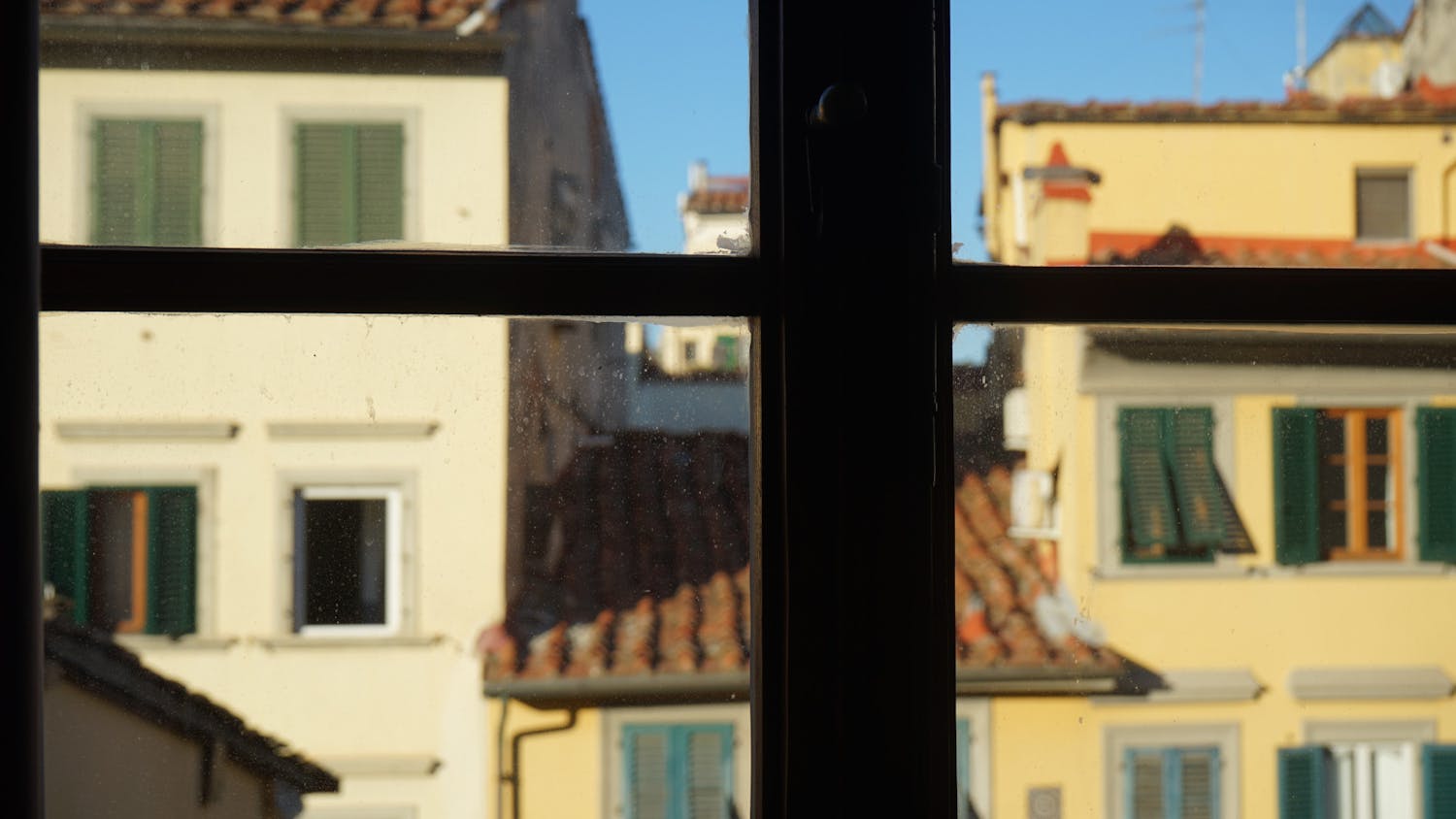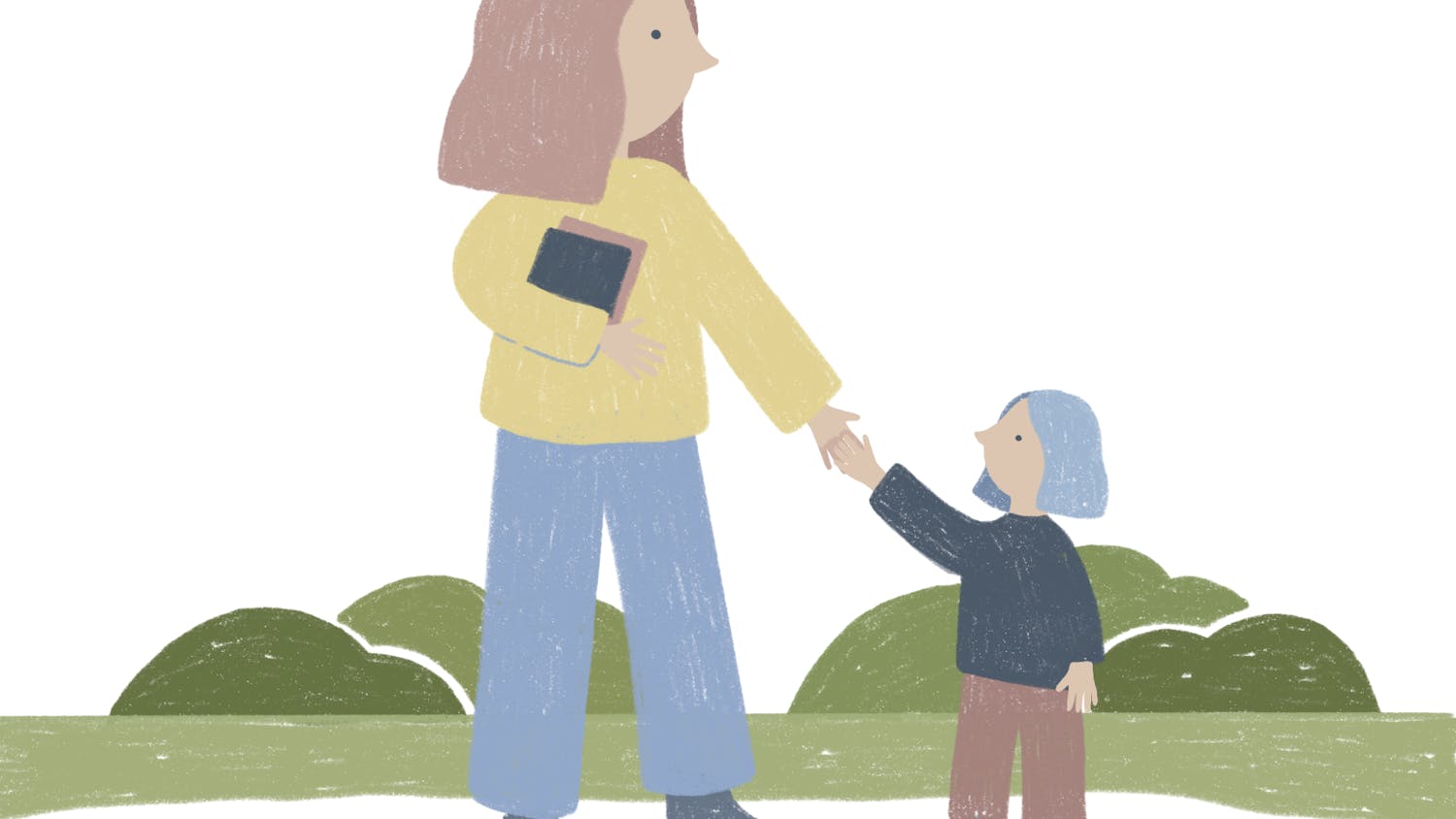In most Asian households, the idea of living a risk-free life is much-touted. After all, who desires a life of hardship that taking risks can result in? No one. These discussions often center around material possessions like money or land. Get a job that pays well and then buy land or property. This is likely why the American Dream has such great appeal.
However, these discussions can easily devolve into a desire to accrue more than one could ever need. This is greed — a desire for excess material wealth. Discussions of political ideology tend to center on this notion as well. On one hand, people believe greed is human nature. On the other hand, people believe greed is a product of conditioning. It is like a seed sowed in humans during their formative years.
The concept of greed is nothing new. The likes of Plato considered greed to be human nature. Charles Darwin’s theory of evolution has served as the justification for greed being natural and even good. As an extension of the Darwinian notion of evolution, Richard Dawkins argues in his book, “The Selfish Gene,” that the selfishness displayed by our genes mirrors “selfishness in individual behavior.” Ivan Fredrick Boesky, a fraudulent American stock trader, said in a commencement speech at the Haas School of Business at UC Berkeley, “I think greed is healthy. You can be greedy and still feel good about yourself.”
It could be argued that this concept of greed has been the driving force for the billionaire class. This is most notable in the U.S., the country with the most billionaires. When Earth wasn’t enough, their eyes turned toward outer space. All this is in the middle of a pandemic that has ravaged their workers. However, there exist instances from history which suggest that greed isn’t as inherent as one may think.
The most significant instances of a greed-free society are indigenous populations around the world, such as Indigenous Americans. Prior to having large swathes of their land plundered and people massacred by white settlers, indigenous tribes thrived in the land of modern day United States. They lived with a communal reverence for their land and nature.
In the book “An Indigenous Peoples’ History of the United States” by Roxanne Dunbar-Ortiz, we see that Indigenous people had a thriving civilization prior to settler colonizers arriving at the continent. Tribal nations held land collectively, much to the dismay of Senator Henry Dawes. Senator Dawes wrote an act in 1887 for allotment of this land. He justified it by saying “there is no selfishness” in the Indigenous people and “no enterprise to make your home any better than that of your neighbors.”
Dunbar-Ortiz writes that the allotment of Indigenous land didn’t succeed in inculcating selfishness. Instead, it made the Indigenous people even more powerless. Naturally, Indigenous nations opposed allotment. In 1894, the Hopi Nation petitioned the federal government to stave off allotment. They explained how their society was matriarchal and communal in nature. Dividing their land for private ownership would be “unthinkable.” While the petition never received a response, Hopi ground resistance meant that the government gave up on allotment of their land at the time.
Surely this means it is entirely possible for society to not just exist, but even flourish without greed. A society where collective interests are paramount. One could look at much of Asia, Africa and Latin America to see collectivist societies in action. The pandemic has exposed the destructive aspects of individualism and the greed that goes hand in hand.
Maybe this is a moment of reckoning?
Considering this history that contradicts the belief that greed is inherited, would I say that greed is purely taught? Not quite. We all have a sense of personal belonging and individuality. While it may vary from person to person, it exists. This existence of a sense of self means that the seeds for greed exist. If the existing structures motivate this individuality, people grow up feeling entitled to more than they need or even deserve.
Indigenous societies place a sacred reverence on their land and value the collective. So do other collectivist societies of today. There is an understanding that individual actions affect other people around. Meanwhile the dominant individualists of today place the same sort of reverence on consumerism and material wealth. This isn’t to say money isn’t important. It most definitely is. It’s just the way material wealth is framed that is conducive to greed.
The young have it drilled in them that money equates to success. Obviously, you’d want to have enough wealth to survive the worst of times. However, this idealization of wealth can drive some to chase it competitively. The rise of social media only furthers this idealization. What one sees and doesn’t have, one wants.
Material wealth is meant for every individual on earth, unlike a competition that is constructed to be won by “the best.” Chasing wealth competitively only results in an imbalance that takes on a generational turn. This results in new generations losing the wealth game before they can even compete. Sustenance becomes a struggle as the rush for wealth becomes destructive. There is no merit in a competition where there are very clear handicaps in place for some. In an ideal world, this competition should not exist.
So to answer the question posed in the title, the seeds of greed may very well be inherited genetically. However, it is not an essential part of human nature like some may argue. Social constructs play a bigger role in this by stimulating the greed instinct.
A society that prioritizes the collective would never find itself clamoring for more. Meanwhile, a society that reveres wealth would take pride in individualistic greed, much like we see when Boesky’s calls greed “healthy.”
Anupras is a former opinion editor, currently on the editorial board. He is a junior studying Computer Science and Journalism. Do you think greed is inherited or taught? Send all comments to opinion@dailycardinal.com
Anupras Mohapatra is a former opinion editor for The Daily Cardinal and currently serves on the Editorial Board. He is a senior double majoring in Computer Science and Journalism.






